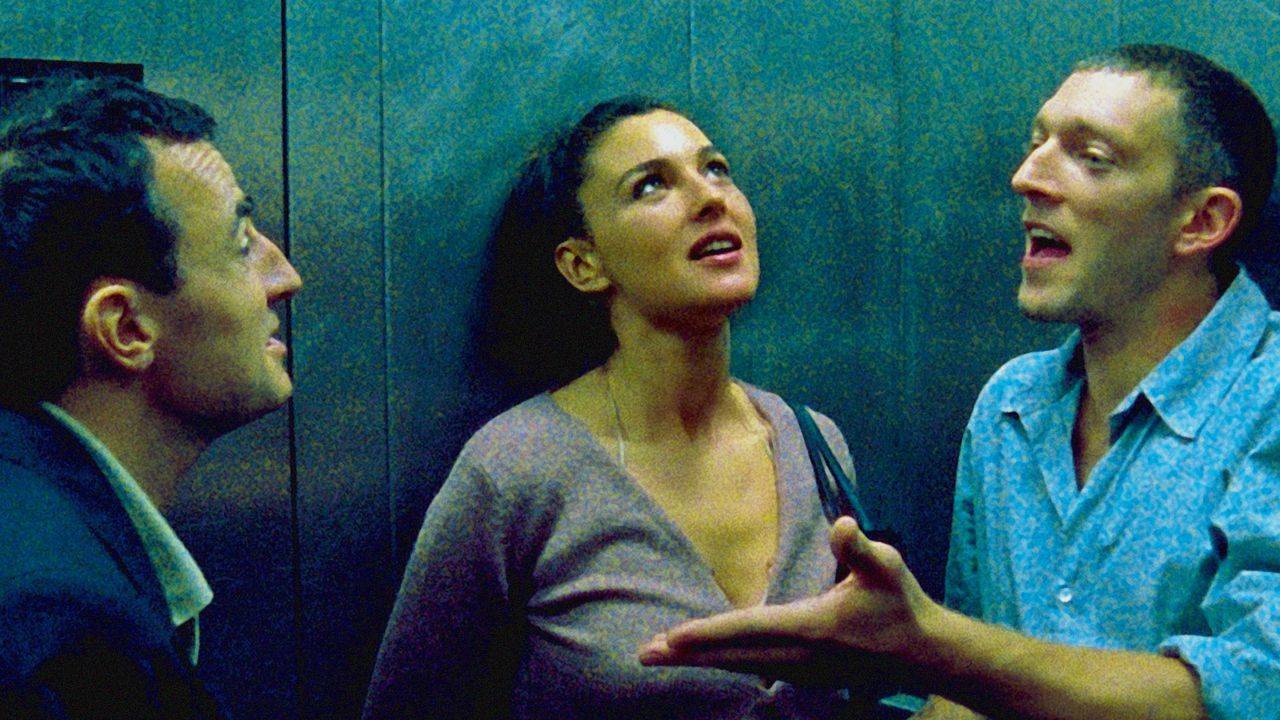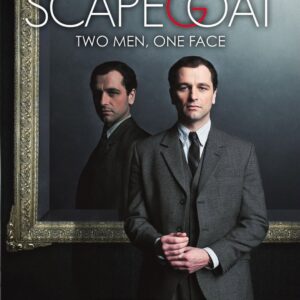“Irréversible,” a film released in 2002, has made a lasting impact on the world of cinema with its raw and controversial narrative. Directed by Gaspar Noé, this French thriller delves into the dark and haunting realities of revenge and violence. The movie’s non-linear storytelling, coupled with its graphic scenes, has sparked debates and discussions among viewers and critics alike.

The narrative of “Irréversible” revolves around two main characters, Marcus and Pierre, who set out on a vengeful mission to seek justice for a brutal crime committed against their friend Alex. The film’s structure, presented in reverse chronological order, adds a unique and unsettling layer to the storytelling. As the audience is taken on a journey from the aftermath of the crime back to its harrowing inception, the true impact of the events unfolds in a chilling manner.
One of the most talked-about aspects of “Irréversible” is its unflinching portrayal of violence and its long, uncut takes. The infamous 10-minute long scene depicting a brutal assault in a dingy underpass is particularly hard-hitting and has been both praised for its technical execution and criticized for its graphic nature. The visceral camerawork and intense performances by the actors further contribute to the film’s unsettling atmosphere.

Despite its controversial content, “Irréversible” has been lauded for its bold storytelling and avant-garde approach to filmmaking. Gaspar Noé’s direction, coupled with a haunting soundtrack by Thomas Bangalter, creates a sensory experience that lingers long after the credits roll. The film’s exploration of themes such as fate, revenge, and the cyclical nature of violence adds depth to its narrative and challenges viewers to confront uncomfortable truths.
In conclusion, “Irréversible” is a film that pushes the boundaries of conventional cinema and demands attention from its audience. While not for the faint of heart, its impactful storytelling and technical prowess make it a standout piece of filmmaking. Whether viewed as a provocative work of art or a disturbing portrayal of human nature, “Irréversible” continues to spark dialogue and debate, solidifying its place as a cult classic in the realm of cinema.





